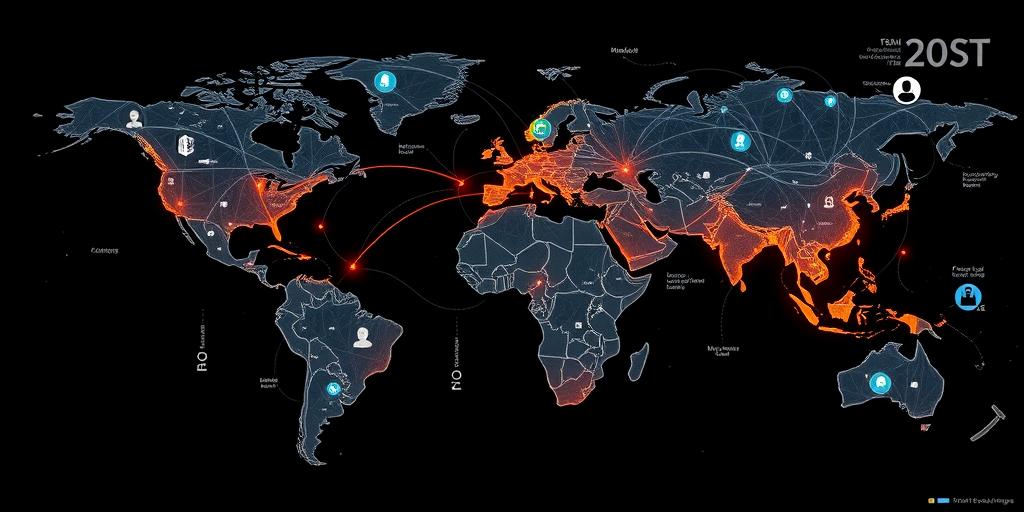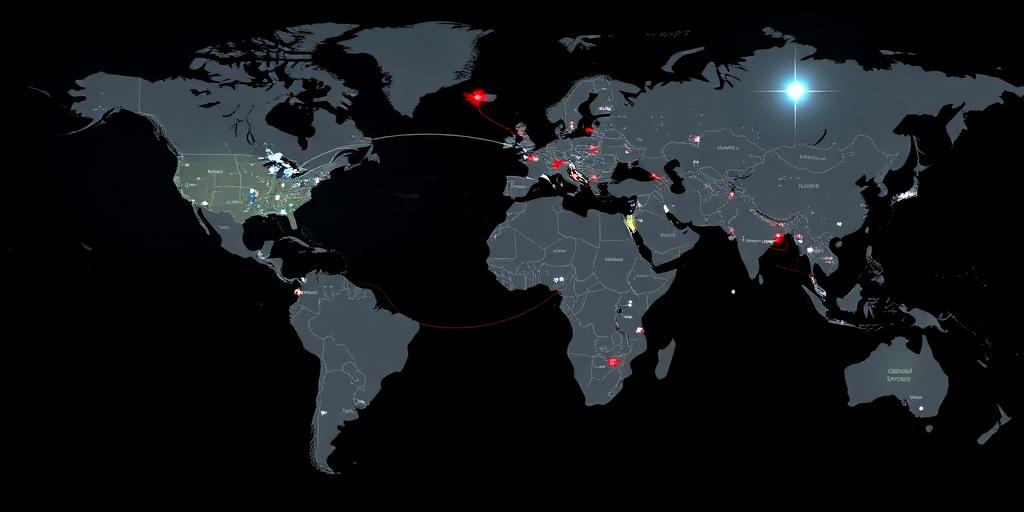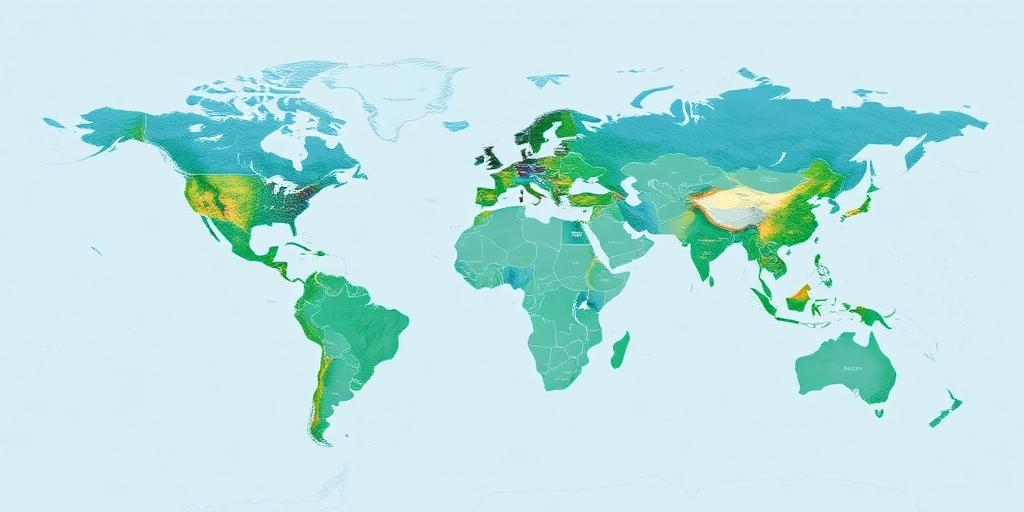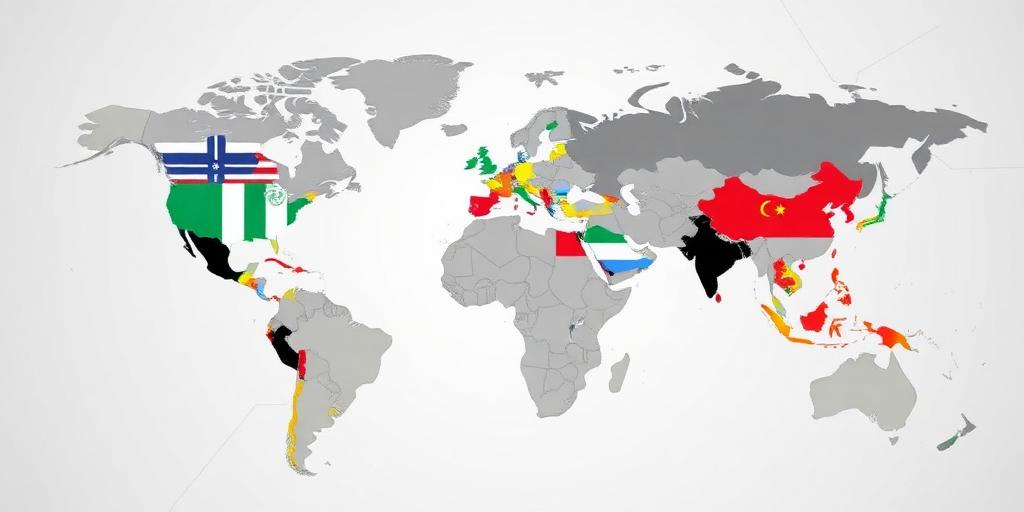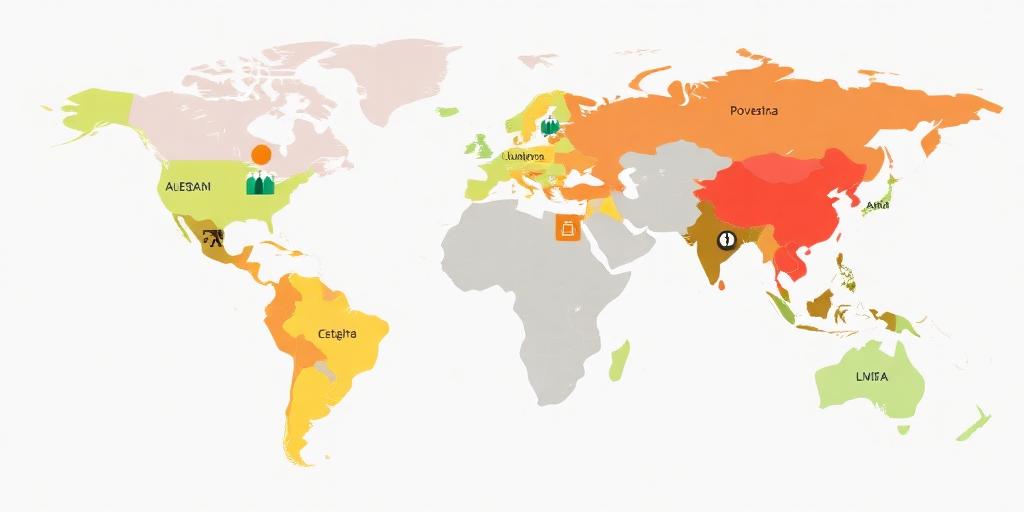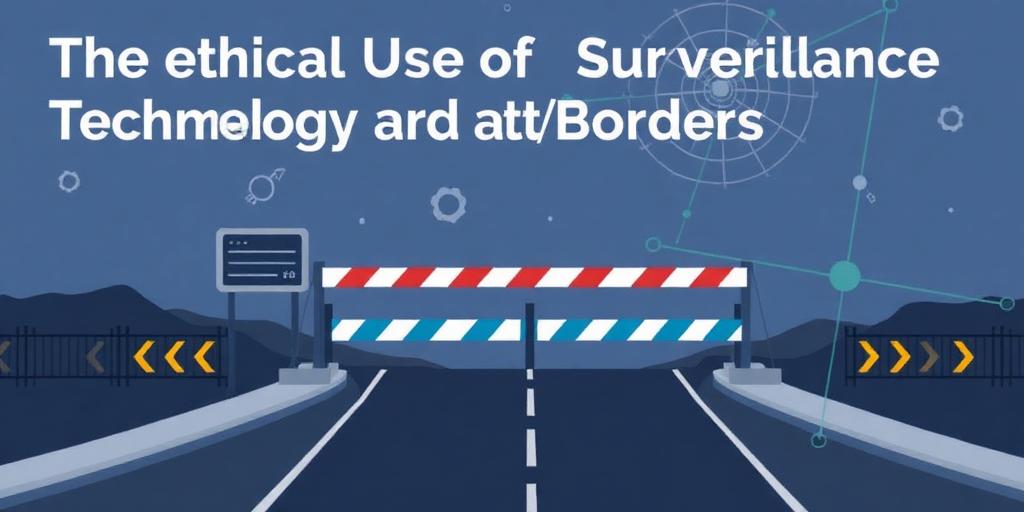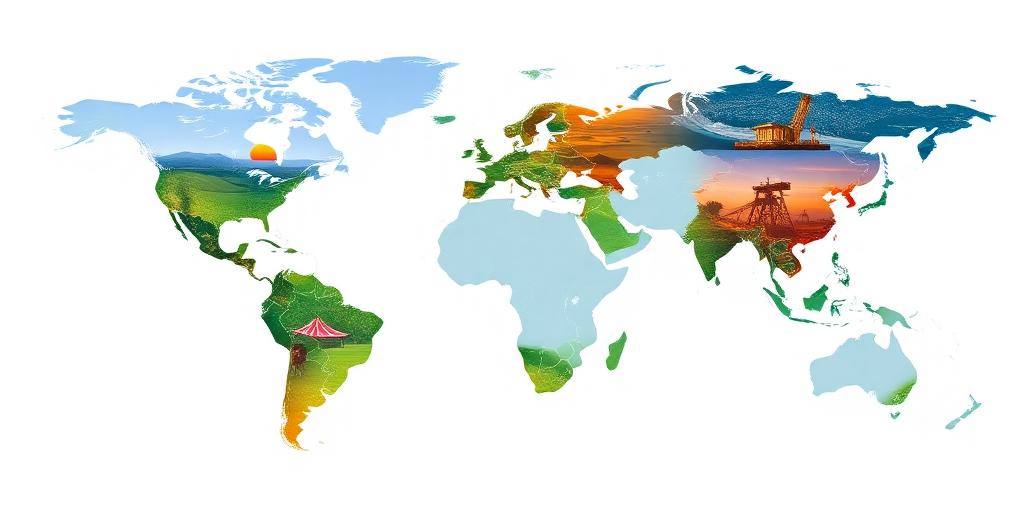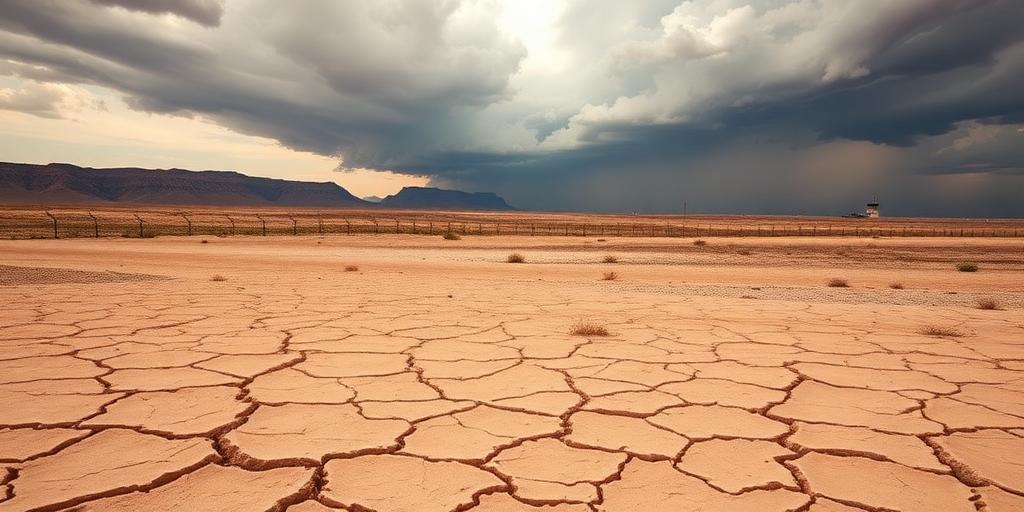Key Geopolitical Trends Shaping the 21st Century
The 21st century is witnessing a dynamic shift in global power, marked by intricate geopolitical trends that demand close examination. This post delves into some of the most salient of these trends, providing an informative overview of the forces reshaping our world.
1. The Rise of Multipolarity
For decades, the United States held a position of unparalleled global dominance. However, the rise of economic powerhouses like China and India is fostering a more multipolar world. This diffusion of power has significant implications for international relations, trade, and security alliances. Regional powers, such as Brazil, Russia, and Turkey, are also exerting greater influence, challenging the traditional dominance of Western nations.
2. Intensifying Great Power Competition
The shift towards multipolarity is accompanied by intensifying competition among major global powers. This competition manifests in various forms, including economic rivalry, technological supremacy, and military posturing. The United States, China, and Russia are at the forefront of this competition, vying for influence in key regions and international organizations.
3. Climate Change and Resource Scarcity
Climate change stands as one of the most pressing geopolitical challenges of our time. Its effects, including rising sea levels, extreme weather events, and resource scarcity, are exacerbating existing tensions and creating new sources of conflict. Competition for dwindling resources like water and arable land is intensifying, particularly in vulnerable regions.
4. Technological Disruption
Rapid technological advancements are transforming the geopolitical landscape. Artificial intelligence, cybersecurity, and biotechnology are creating new opportunities and challenges for nations. The race to develop and control these technologies is fueling geopolitical competition, as countries seek to gain a strategic advantage.
5. Demographic Shifts and Migration
Demographic shifts, including aging populations in some regions and rapid population growth in others, are reshaping societies and economies. Large-scale migration flows, driven by conflict, poverty, and environmental degradation, are creating both opportunities and challenges for host countries, impacting social cohesion and political stability.
6. The Evolution of Terrorism and Extremism
Terrorism and extremism continue to pose significant threats to global security. The nature of these threats is evolving, with the rise of decentralized networks and the use of social media for radicalization and recruitment. Counterterrorism efforts require international cooperation and a comprehensive approach that addresses the root causes of extremism.
7. The Future of Global Governance
The existing system of global governance, centered around international organizations like the United Nations, is facing increasing strain. The rise of multipolarity and the growing complexity of global challenges are testing the effectiveness of these institutions. Reform efforts are needed to adapt global governance structures to the realities of the 21st century.
Conclusion
The geopolitical trends outlined above are interconnected and mutually reinforcing. Understanding these trends is crucial for policymakers, businesses, and citizens alike. As the world becomes more complex and interconnected, navigating these geopolitical currents will require foresight, adaptability, and a commitment to international cooperation.

